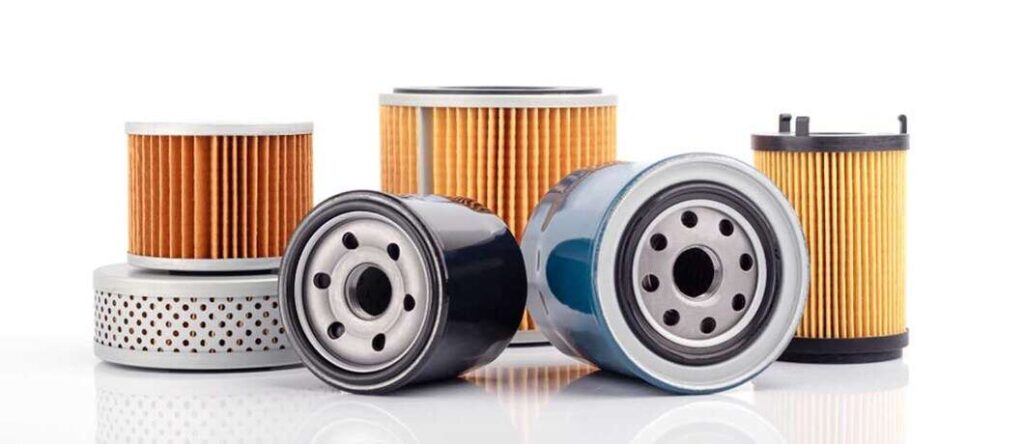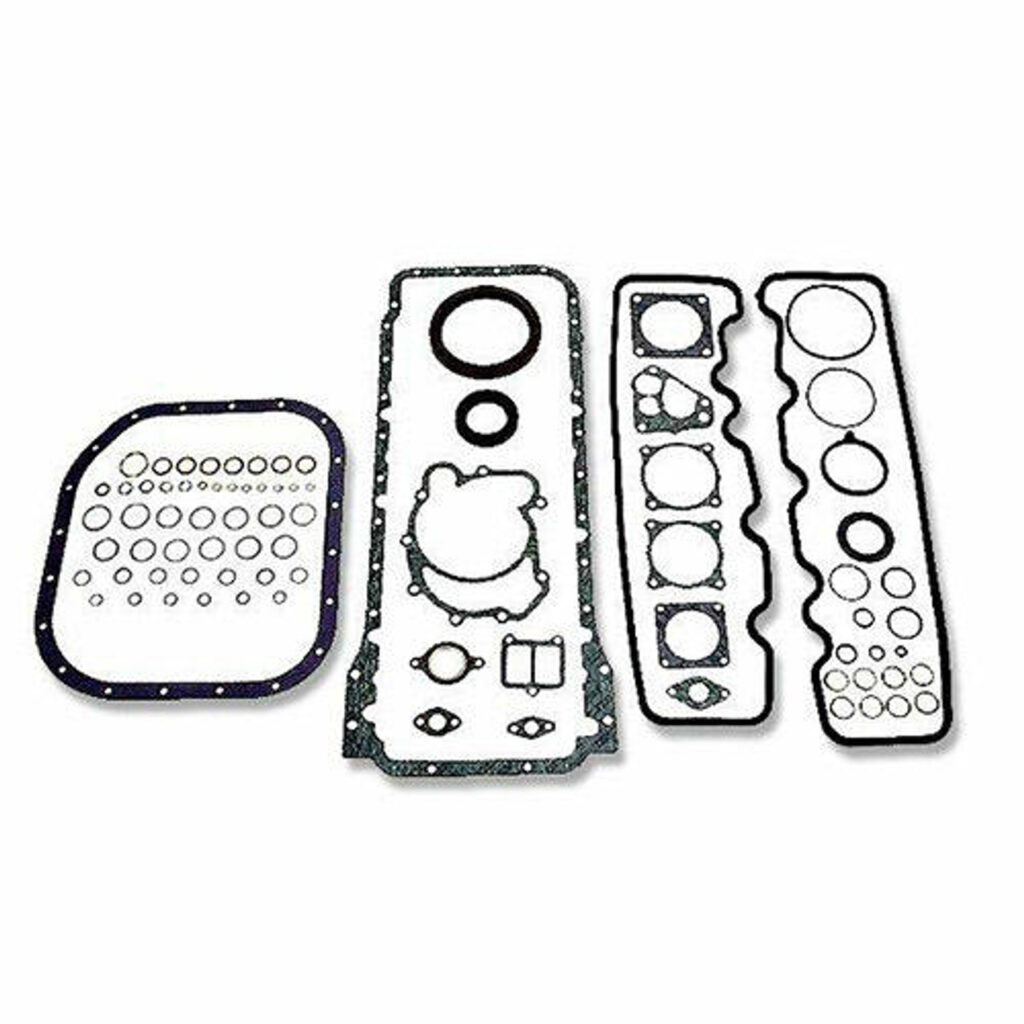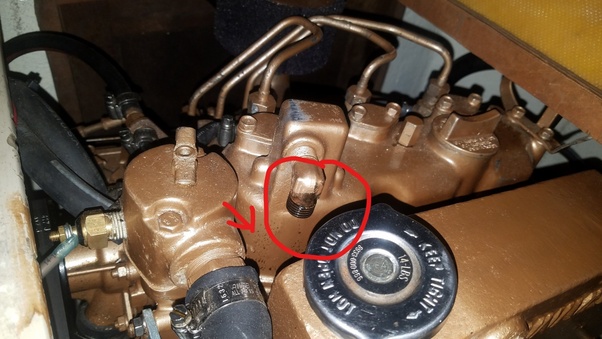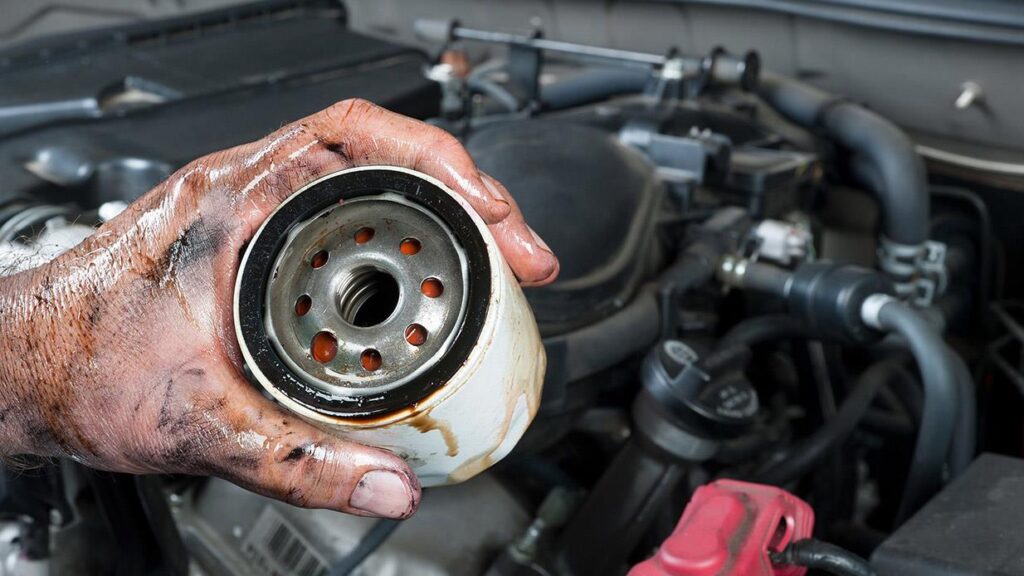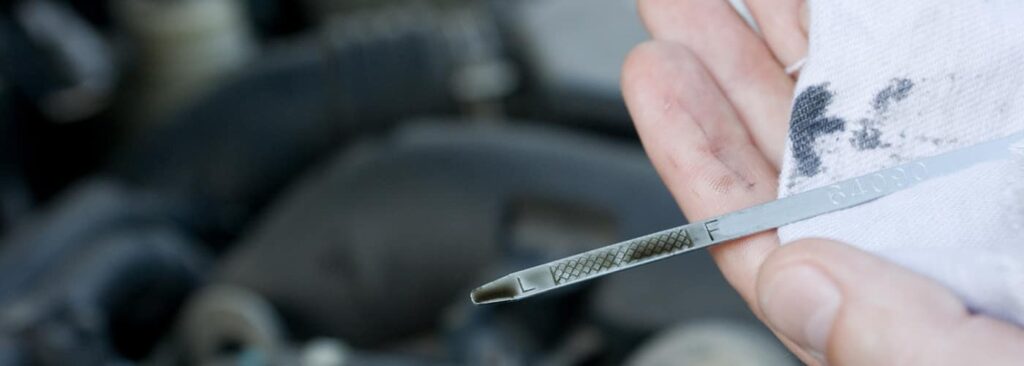
Similar Posts

Most Common Car Problems
Sharing is CaringFrom time to time everyone finds them to have problems with their cars. If you develop a problem, it’s never a good idea to ignore it; Handling small problems immediately after that happens is the best way to avoid big improvement bills later on. Safety is also another concern, keeping your car in…

How to Read & Understand OBD-II Codes Like a Pro
Sharing is CaringUnlocking the Secrets Behind Your Check Engine Light Every modern vehicle, including those driven across Canada’s icy roads and diverse terrains, is equipped with an OBD-II system (On-Board Diagnostics). When the check engine light comes on, your vehicle is trying to tell you something—and understanding these messages can save you time, money, and…

How the Engine Cooling System Works: A Simple Guide for Drivers
Sharing is CaringYour car’s engine works hard—really hard. It burns fuel, creates power, and in the process, generates a lot of heat. Without a way to manage that heat, your engine would quickly overheat and fail. That’s where the engine cooling system comes in. It’s like the body’s circulatory system, but for your vehicle—keeping things…
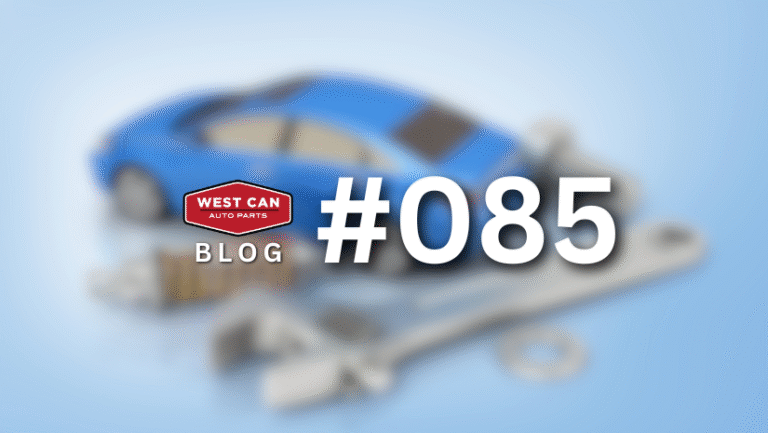
Why Is My Car Smoking? A Complete Guide to White, Blue, Black & Grey Exhaust Smoke
Sharing is CaringExhaust smoke can feel like the car’s way of sending distress signals into the air—subtle, dramatic, or somewhere in between. For many Canadian drivers, especially in colder regions where mornings can be icy and engines take longer to warm up, understanding these signals is essential. Smoke isn’t always a sign of trouble, but…
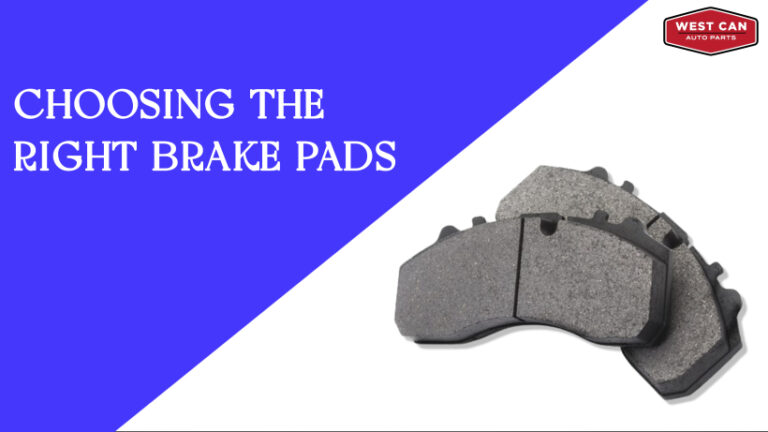
Choosing the Right Brake Pads: A Comparison of Types for Your Vehicle
Sharing is CaringBrake pads play a crucial role in your vehicle’s Brake Parts system, providing the friction necessary to slow down or stop your car safely. However, not all brake pads are created equal, as they come in various types, each with its own set of characteristics and performance attributes. Understanding the differences between these types is…

Top 5 Car Filters You Must Replace Regularly (And When to Change Them)
Sharing is CaringWhether you’re a car enthusiast or just someone who wants their vehicle to run reliably, understanding your car’s filters is a simple yet essential part of maintenance. Filters keep harmful debris out of critical systems, ensuring your engine, cabin, fuel system, and more stay in top condition. Replacing them on time can extend…


